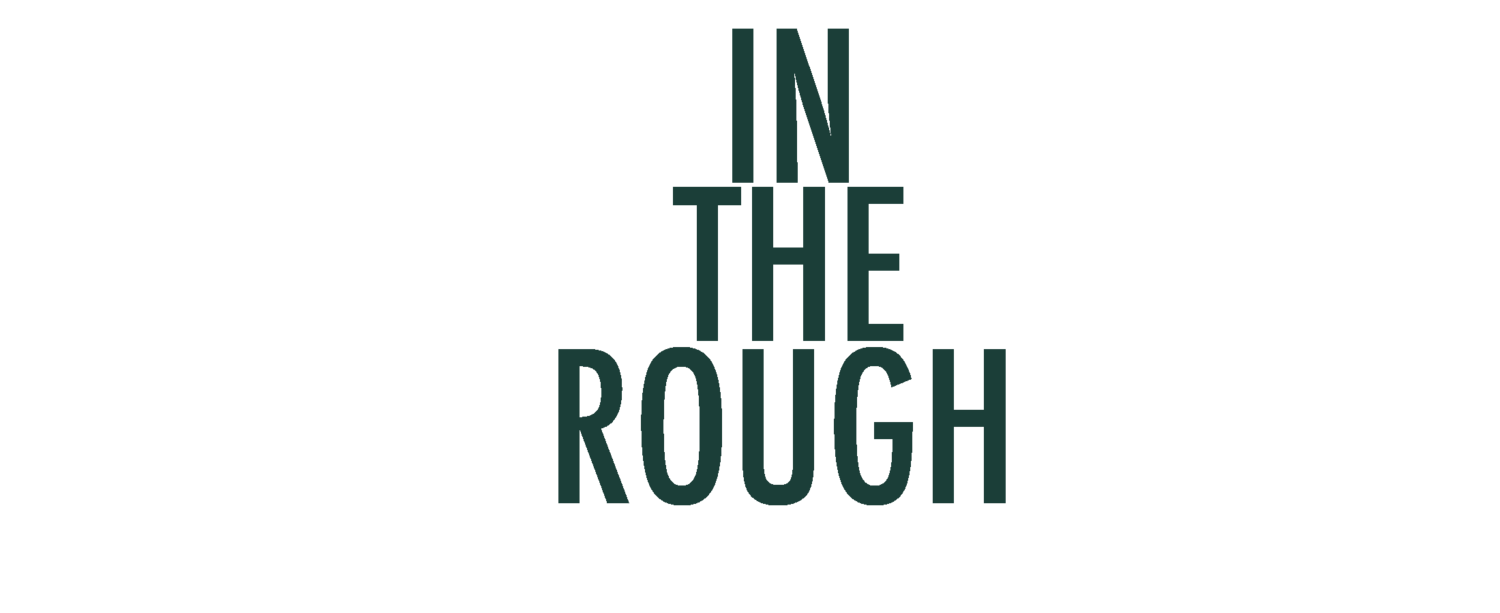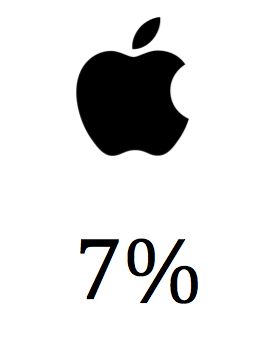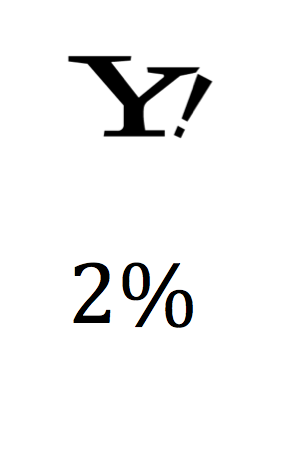Imagine a world where you could personalize your live audio environment; you are on a train and the crying baby next to you is deafening or you are walking through the city and the hustle and bustle is too distracting, with Here Active Listening you can adjust these sounds for a pleasing, enhanced audio environment. "Use two wireless, in-ear buds and a smartphone app to control what you hear and how you hear it," says the product's description. Here is essentially the first development in "hearable" technology, because it allows users to control real world volume and mix their world with the live music equalizer, reduce the reverb at a concert or crank the bass at a violin recital. The developing team, Doppler Labs, also includes preset filters that combine volume, EQ, and effects to elevate the audio environment, such as "Hendrix" for a rock 'n' roll vibe. See the product in action in the video below, and note Here Active Listening is simply a prototype now, but you can move the project along by backing its KickStarter campaign here.
technology
Introducing UberEats Food Delivery Service /
Uber has been the next best thing since sliced bread for a while now. The transportation company based in San Francisco has made getting a ride as simple as downloading the app and pressing a button. Now the company looks to continue its revolutionary pedigree into the food delivery service, introducing UberEats. In Los Angeles and Barcelona Uber now delivers meals from partnering restaurants directly to the hungry customers. New York City too will have UberEats, offering options from American Cut, Num Pang, Scarpetta, and more. Look to spend $9 to $12 for lunch and $10 to $15 for dinner. Access UberEats within the Uber app in LA and Barcelona, NYC soon to follow suit. Read more at ubereats.co.
Life in Color: An Examination of Today's Contemporary, Black Archetypes /
At InTheRough, it is our job to discern the latests trends and developments in urban culture. A large part of our content is news-based, but what makes us unique are the insights into the importance and understanding of what we write about and how it fits into the greater fabric of urban culture. Cognizant of this need to inform and educate, as well as the celebration that is Black History Month, InTheRough presents Life in Color: An Examination of Today's Contemporary, Black Archetypes. Over the span of this month, InTheRough will be creating a series of editorials showcasing black individuals who have assumed pioneering roles in varying industries or facets of society that lack or misinterpret the black experience.
There had been a sneaky suspicion that the workforce in the tech industry, and more specifically in Silicon Valley, had been severely skewed, favoring predominantly white and Asian male counterparts. When statistics were reluctantly released by some of The Valley's tech giants back in August 2014, it was confirmed that blacks, hispanics, and even women are largely underrepresented.
Percentage of Black Employees
While it is evident that there is still a prevailing lack of diversity across many industries, why has opportunity failed to be created in the technology sector? a place seemingly abundant with endless avenues of exploration. To begin, the problem arises in early childhood education as their is a void in STEM learning. In an increasingly technological world, science, technology, engineering, and mathematics based education is the foundation of our future innovations and inventions that will catapult our society and economy to new heights. Unfortunately, children in grade school are usually asked to memorize facts out of a book instead of satisfying their natural curiosity in experimenting and exploring. This is magnified when inexperienced teachers fail to make learning fun and interesting. Allen Gordon, who has been teaching in Oakland, California for ten years reiterates that "If math and science seem boring and of no use on a primary education level, who would want to pursue it while in college?" In fact, just 7% of all STEM bachelor's degrees, 4% of master's degrees, and 2% of PHDs were received by black scholars, suggesting this disinterest in quantitative fields.
Beyond the education though, there is little participation in STEM learning by the black population because there is no source of inspiration. Look at other industries such as media, sports, and music. Countless of African Americans have championed such fields and have inspired countless more to pursue their own aspirations within these realms. In technology, there is no archetype for black children to look up to, but that is where Tristan Walker is attempting to make a change.
At four years old, Tristan Walker's father was shot and killed. His mother worked two jobs. This is a common narrative for African Americans not just in New York, but across the nation, yet for Walker he did not let his circumstances define him. After earning a degree in economics in three years from Stony Brook, working on Wall Street for two years for Lehman Bros. and JP Morgan, Walker set out for a new task enrolling in the Stanford Business School where an internship at Twitter revealed to him the world of technology.
You probably haven't heard of the tech entrepreneur, but Walker is an emerging star in Silicon Valley. Beginning his career as head of business development at Foursquare, the location-based "check-in" app, Walker quickly displayed his competency and creativity as he landed partnerships with companies such as American Express and BravoTV. After elevating the visibility of Foursquare and his own likeness, Walker left for Andreessen Horrowitz, a venture capital firm, in which he waited to formulate his next big idea.
The Stanford Business School graduate and founder and CEO of Walker & Company, has begun to tackle the diversity issue. Named for the demographic trends that indicate "minorities" will make up the majority of the population in 2040, Code 2040 is a nonprofit organization cofounded by Walker and Laura Weidman Powers with the goal of connecting black and latino engineers with tech companies such as Google, Facebook, Jawbone, and LinkedIn--all companies that have released statistics of underrepresented minorities. The need for multicultural labor in the tech industry is evident because even for Walker, his inspiration, like many other African American boys, came from prominent sports figures; he hadn't heard of Silicon Valley until he moved there as an adult.
To further connect the tech industry with black America, Walker's Walker & Company is dedicated to creating products that make health and beauty simpler for colored people. "I couldn't find products that worked for me," says Walker in an interview with USA Today, "where I felt respected as a consumer, and I felt that needed to change." Bevel, the only product the company currently produces, is a single-blade razor designed to attack the problem of razor bumps and skin irritation that affects up to 80% of African Americans who often have coarse and curly hair.
Through two vehicles, Walker is bridging the gap between an unknown industry and untapped potential. Having been in operation for a little over a year, it remains to be seen if Walker is the next Zuckerberg, but his impact on the African American community has already been noted. The only visible black man in Silicon Valley is solving the problems in an environment where social responsibility has been neglected. An environment that is supposedly based on merit and creativity has struggled to provide opportunity for the nation's minorities, but the vision of Tristan Walker will hopefully provide a new avenue that young blacks and latinos can aspire to travel down.









